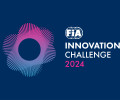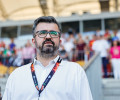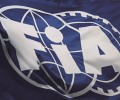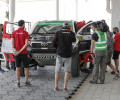12 ACTIONS TO RESTART MOTOR SPORT TOGETHER
As a complement to the FIA Solidarity Programme, launched to unify ASNs and ACNs facing the consequences of COVID-19, the FIA advocates 12 key actions that Sporting Clubs should take to ensure that when motor sport can get back on track, it will be organised in a safe and sustainable way, compliant with the guidance of Governments and WHO public health advice.
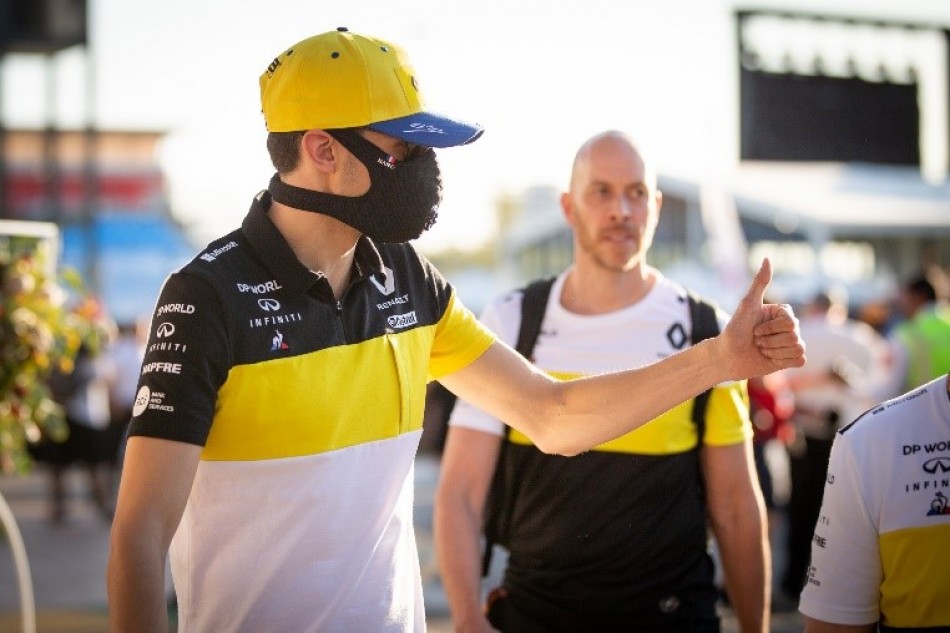
On 14 May, during the FIA Stronger Together Webinar for ASNs and ACNs, which is part of the FIA Solidarity Programme, FIA Deputy President Graham Stoker advocated 12 key actions that Sporting Clubs should take to restart motor sport safely and sustainably.
“If we stick together, sharing information amongst us, we can get through this and start to look forward to resuming our sport”, he said.
“I see a new role for the FIA and its ASNs, to deliver sport in compliance and partnership with Government and public health authorities, in a safe and responsible way”, he added.
By emphasising motor sport’s vital contribution to society, FIA Deputy President for Sport Graham Stoker advocates 12 key actions that ASNs and ACNs should take to restart motor sport:
- Communicate with member clubs, license holders, volunteers and stakeholders to make clear ongoing support and respect for "lockdown", responsibly cooperating with Government and public health authorities to restart motor sport when permitted.
- Reach out to contacts in Government to ensure the ASN/ACN is engaged and playing an active part in the debate concerning the right time to restart sport activities, and how this can be safely achieved.
- Emphasise motor sport's contribution to their Country: economic impact, number of volunteers, scale of events, and size of public fan base. Remind Government of the FIA's IOC Membership.
- Study WHO and national public health advice, whilst reaching out to expert bodies to identify the very best safe practice. FIA is refining a 'COVID-19 Sporting Events Protocol', which will be shared with Clubs.
- WHO considers motor sport a 'lower risk' sport because it takes place in the open air and physical distance is entirely possible in a competition. It is not a close contact sport involving individuals or teams competing against each other physically.
- It is notable that emerging Government plans recognise that 'outdoor sport' can commence in the early phases. There is also a strong Government wish to see sport returning as soon as possible, in order to help boost the morale and reinforce a sense of 'normality'.
- Initially events will likely be held without spectators, so we must facilitate strong media coverage that is readily accessible for fans, in order to re-engage the 'following' again. This will also demonstrate a considered pathway towards the safe resumption of spectator events.
- The 'no spectator' events will be 'ringfenced', with all those involved being carefully checked prior to and during each competition. Monitoring will be carried out daily, while preventative measures to limit the chances of virus transmission, such as distancing, hand sanitizing, and face covering will be carried out according to the appropriate public health procedures. The correct training is vital.
- Potential outbreaks should be planned for and incorporated into organisational plans in order that any public health emergency will be dealt with swiftly and expertly.
- Testing will become very important. There are two types of test: PCR, which indicates if a person currently has the virus, and Serological, which identifies if a person has previously contracted the virus. There is of course an urgent need for a saliva home test kit for COVID-19. These are being developed and the FIA Foundation is supporting some promising development projects.
- Although national motor sport and also premier events will restart, the ability of international license holders and teams to travel to events around the world will be complicated for many months, with individual country travel restrictions in place. FIA is looking for ways to specifically help.
- There is a clear new role for ASN Organisers in delivering safe and public health compliant motor sport events. Equipped with the correct advice and training, this is something our ASNs can deliver, and deliver well. The Sport Solidarity Program will help ASN's through this challenge and share best practice on how to manage this risk and we now enjoy a strong partnership with the Red Cross round the world.
Some sound examples of how ASNs are restarting motor sport around the world can be read below:
- Motorsport Australia – Return to Race: https://www.motorsport.org.au/covid-19
- Motorsport UK – Getting Back On Track: https://www.motorsportuk.org/restart/
- Austrian Motorsport Federation (AMF) - Covid-19 recommendations: https://austria-motorsport.at/media/4623/amf-empfehlungen-covid-19-stand-14-05-2020.pdf
- Deutscher Motor Sport Bund E.V. (DMSB): https://www.dmsb.de/covid19/

 Facebook
Facebook Twitter
Twitter